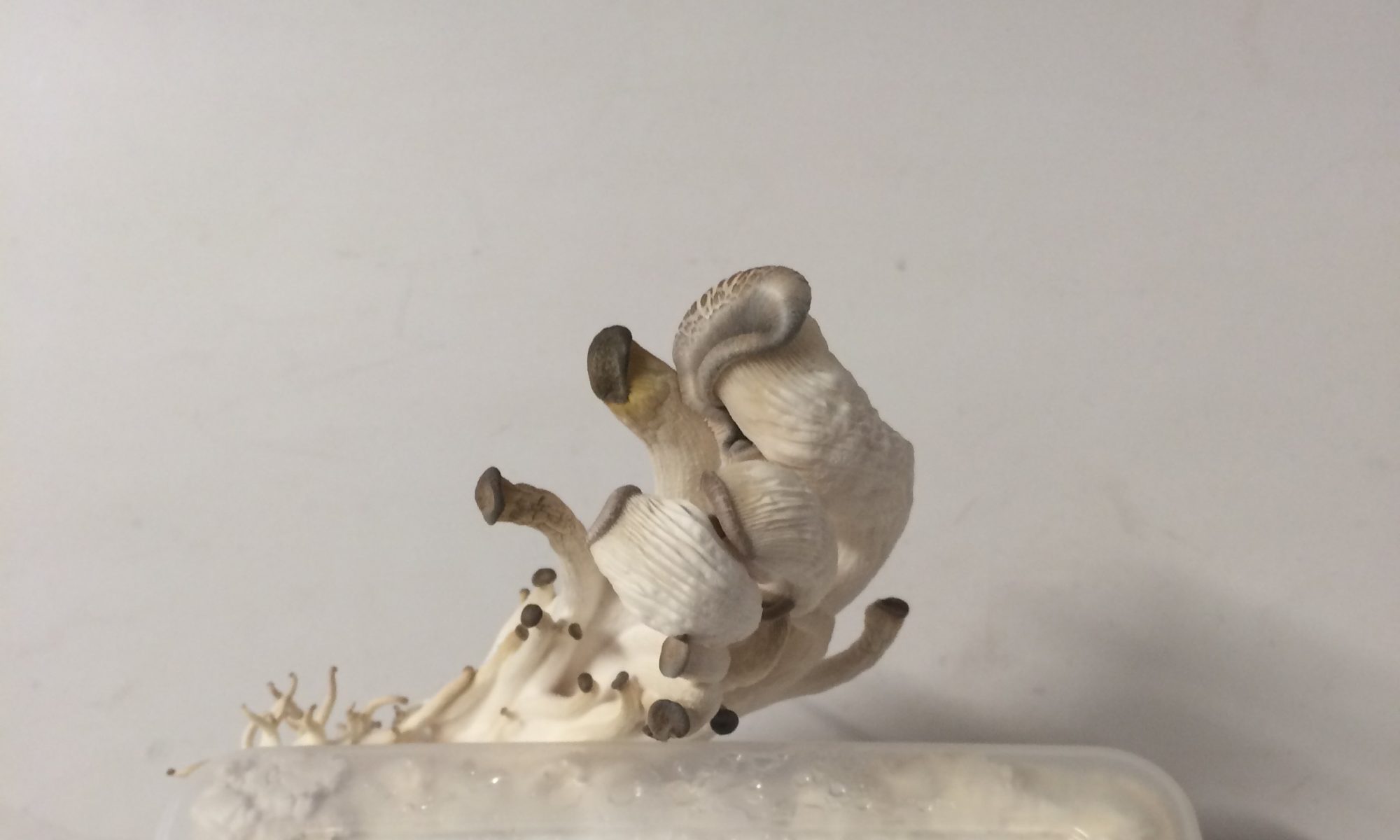Interview with Alyssa Battistoni, 2021.
From the webinar series, Facing the Anthropocene at Duke U
“What is nature’s capacity to contribute to human well-being and how should we understand it in relationship to politics and economics?” To answer, she first looked backward, tracing the term “free gifts of nature” in the thought of the classical political economists Jean-Baptiste Say, Adam Smith, David Ricardo, and Karl Marx. These economists each attempt to reconcile the natural world with the economic enterprise of human beings. Jean-Baptiste Say, for example, affirms the usefulness of nature’s physical, vegetative, and biological processes, but he does not see these processes as significant actors in a political economy. Smith, too, admits that nature is useful, but he sharply distinguishes manufacturing from nature, viewing the former as a purely human labor process. On this, Ricardo takes Smith to task, arguing that nature is always at work; production without the contribution of nature is a myth. Finally, Battistoni turned to Marx, who views nature in light of capitalist systems, arguing that the gifts of nature are often intertwined with human labor, not increasing the wealth of laborers but instead increasing the wealth of capitalists.
Battistoni linked these thinkers together with their view of the value of nature. “They all essentially agree nature is valuable because it works for free…Labor and capital are costly, so nature’s…contribution is valuable because it doesn’t come with those costs.” Nature is essentially a free gift, “something that can be taken without repayment.” The absence of a price tag is an obstacle to commodifying nature’s value; while nature is useful, it is also free, and therefore does not have an exchange value. Humanity’s willingness to take from nature without repayment brings us to today’s environmental crisis.
For Battistoni, this gift relationship implies more than mere taking. She said, “Gift relationships are supposed to be governed by reciprocity.” She cited ideas of husbandry and care as the beginning of such reciprocity. For example, agrarian Wendell Berry advocates for a “take, make, use, and return” relationship to the land. Feminists Joan Tronto and Berenice Fisher advocate for an ethics of care that includes all species and their environment. Echoing the idea of meshwork from last week’s guest Tim Ingold, Battistoni argued that this ethic of care weaves species and environments together in a cooperative, life-replenishing relationship.
More practically, Battistoni argued for an economic reciprocity, one based on the human labor required to replenish the earth. Battistoni said, “In asking what it looks like to reciprocate nature’s gifts, we might also ask what it looks like to value… the human work that doing so entails.” She argues more fully in the book A Planet to Win (co-authored with Kate Aronoff, Daniel Cohen, and Thea Riofrancos) that we must fund jobs and organizations whose primary aim is to care for the earth. Many indigenous peoples are already taking steps to care for the land; they are not, however, being paid for their labor. By investing money in labor that replenishes the earth, we are participating in the symbiotic web of all living things. We are, in short, reciprocating.
Battistoni ultimately maintained that this economic model is “not the final word, but a challenge to how we currently organize production.” A commodified relationship to the natural world is not an ideal one, but, for now, it is a realistic one. In calculating just how much we have been given, perhaps we can come to terms with what we owe. Nature gives generously; how will we respond?
